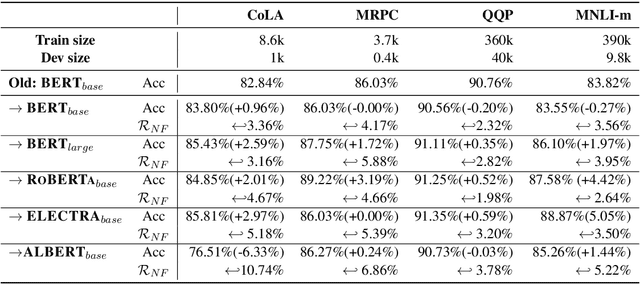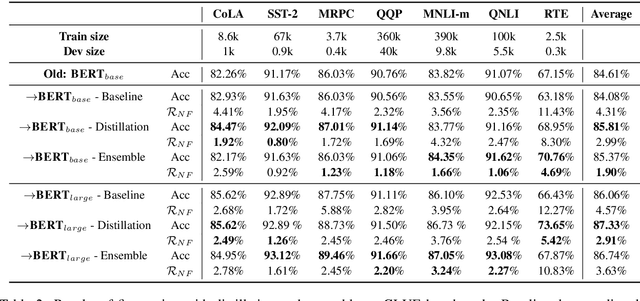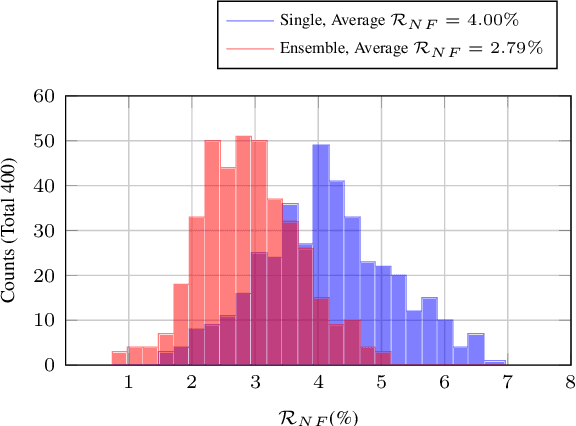Yi-an Lai
DeAL: Decoding-time Alignment for Large Language Models
Feb 05, 2024



Abstract:Large Language Models (LLMs) are nowadays expected to generate content aligned with human preferences. Current work focuses on alignment at model training time, through techniques such as Reinforcement Learning with Human Feedback (RLHF). However, it is unclear if such methods are an effective choice to teach alignment objectives to the model. First, the inability to incorporate multiple, custom rewards and reliance on a model developer's view of universal and static principles are key limitations. Second, the residual gaps in model training and the reliability of such approaches are also questionable (e.g. susceptibility to jail-breaking even after safety training). To address these, we propose DeAL, a framework that allows the user to customize reward functions and enables Decoding-time Alignment of LLMs (DeAL). At its core, we view decoding as a heuristic-guided search process and facilitate the use of a wide variety of alignment objectives. Our experiments with programmatic constraints such as keyword and length constraints (studied widely in the pre-LLM era) and abstract objectives such as harmlessness and helpfulness (proposed in the post-LLM era) show that we can DeAL with fine-grained trade-offs, improve adherence to alignment objectives, and address residual gaps in LLMs. Lastly, while DeAL can be effectively paired with RLHF and prompting techniques, its generality makes decoding slower, an optimization we leave for future work.
Efficient Domain Adaptation of Language Models via Adaptive Tokenization
Sep 15, 2021



Abstract:Contextual embedding-based language models trained on large data sets, such as BERT and RoBERTa, provide strong performance across a wide range of tasks and are ubiquitous in modern NLP. It has been observed that fine-tuning these models on tasks involving data from domains different from that on which they were pretrained can lead to suboptimal performance. Recent work has explored approaches to adapt pretrained language models to new domains by incorporating additional pretraining using domain-specific corpora and task data. We propose an alternative approach for transferring pretrained language models to new domains by adapting their tokenizers. We show that domain-specific subword sequences can be efficiently determined directly from divergences in the conditional token distributions of the base and domain-specific corpora. In datasets from four disparate domains, we find adaptive tokenization on a pretrained RoBERTa model provides >97% of the performance benefits of domain specific pretraining. Our approach produces smaller models and less training and inference time than other approaches using tokenizer augmentation. While adaptive tokenization incurs a 6% increase in model parameters in our experimentation, due to the introduction of 10k new domain-specific tokens, our approach, using 64 vCPUs, is 72x faster than further pretraining the language model on domain-specific corpora on 8 TPUs.
Regression Bugs Are In Your Model! Measuring, Reducing and Analyzing Regressions In NLP Model Updates
May 07, 2021



Abstract:Behavior of deep neural networks can be inconsistent between different versions. Regressions during model update are a common cause of concern that often over-weigh the benefits in accuracy or efficiency gain. This work focuses on quantifying, reducing and analyzing regression errors in the NLP model updates. Using negative flip rate as regression measure, we show that regression has a prevalent presence across tasks in the GLUE benchmark. We formulate the regression-free model updates into a constrained optimization problem, and further reduce it into a relaxed form which can be approximately optimized through knowledge distillation training method. We empirically analyze how model ensemble reduces regression. Finally, we conduct CheckList behavioral testing to understand the distribution of regressions across linguistic phenomena, and the efficacy of ensemble and distillation methods.
 Add to Chrome
Add to Chrome Add to Firefox
Add to Firefox Add to Edge
Add to Edge